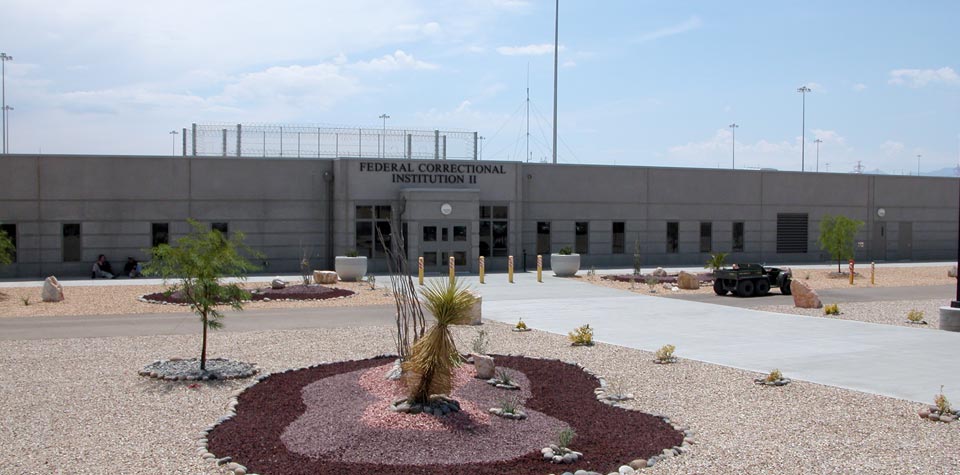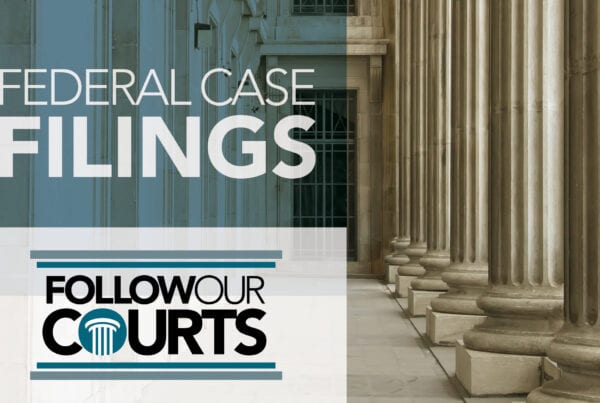Facts detailed by a plea deal are not hearsay, and cannot be excluded from trial, the Ninth Circuit Court of Appeal ruled April 16. The decision overturned the conviction of a Victorville inmate.
The case comes out of Federal Correctional Institution, Victorville, where two inmates got in a fight with guards on Aug. 19, 2017.
One inmate had set off a metal detector, and was being searched by a guard. He threw the first punch. The other inmate ran back from a hallway to join in the fight that then broke out between the inmate and guards.
Gabriel Mirabal and Erik Rojo were the inmates involved in the fight, but








